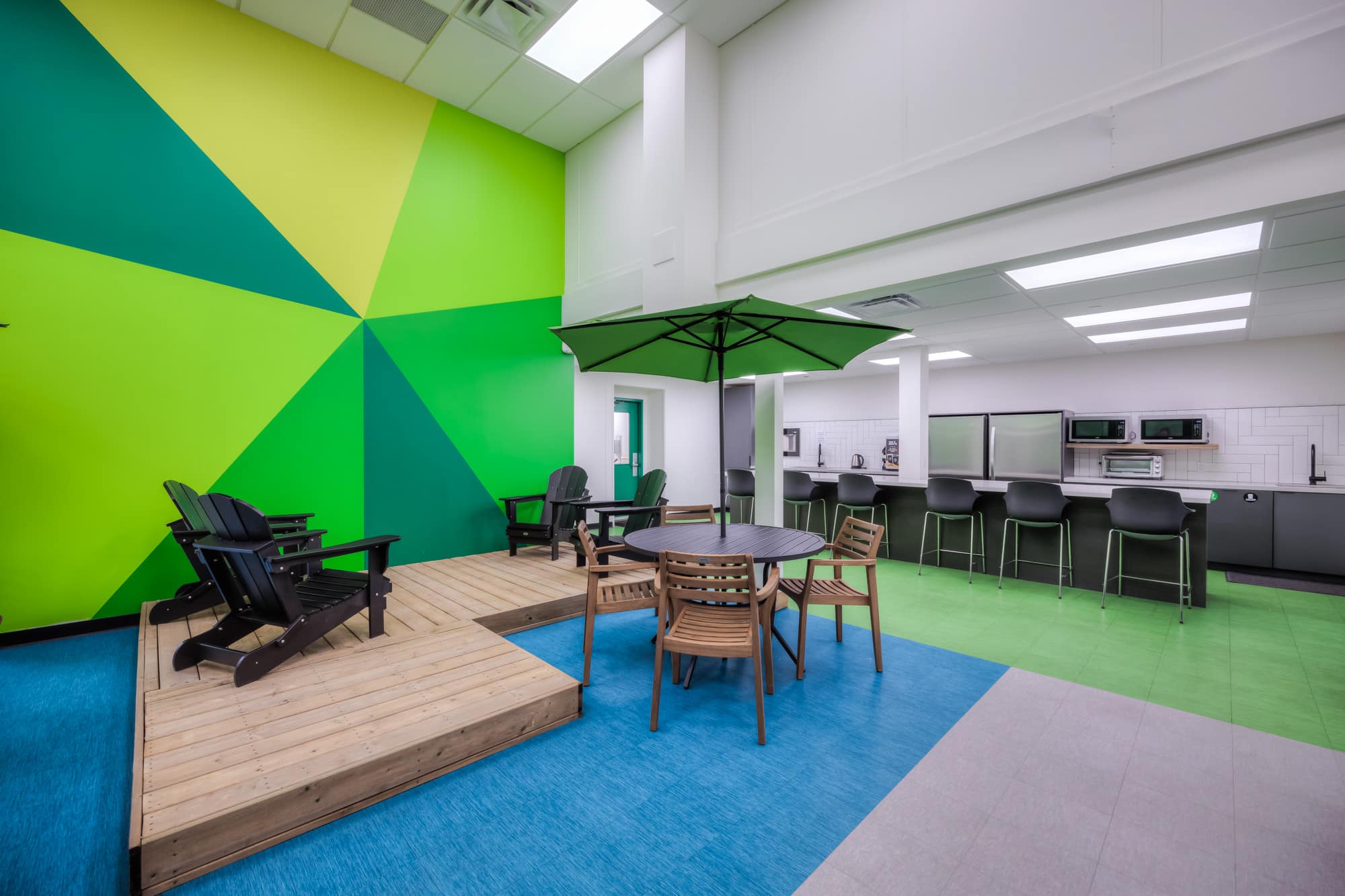Creating employee lounge areas is a valuable investment for organizations looking to boost productivity and employee satisfaction. These spaces foster a positive work environment, leading to enhanced collaboration and improved mental well-being.
Enhancing Employee Engagement
Employee lounges serve as a catalyst for engagement.
When employees have access to comfortable and inviting lounge areas, they are more likely to spend time interacting with colleagues. This engagement fosters a sense of community and belonging within the workplace. As employees connect and collaborate in these spaces, they share ideas and insights that can lead to innovative solutions. Additionally, a relaxed environment encourages open communication, breaking down hierarchical barriers and promoting teamwork. Ultimately, this leads to a more motivated and engaged workforce.
Boosting Employee Morale
A well-designed lounge space can significantly elevate morale.
Employee morale is crucial for maintaining high levels of productivity and job satisfaction. Lounge areas provide a respite from the often stressful office environment, allowing employees to recharge and unwind. Comfortable seating, recreational activities, and amenities such as coffee stations can transform the workplace atmosphere. When employees feel cared for and valued, their morale improves, resulting in increased loyalty to the organization. Recognizing the importance of these spaces can lead to a more positive workplace culture.
Promoting Work-Life Balance
Employee lounges contribute to a healthier work-life balance.
In todays fast-paced work environment, maintaining a work-life balance can be challenging. Providing dedicated lounge areas allows employees to take necessary breaks and decompress during the workday. By encouraging short breaks, organizations signal the importance of mental health and well-being. These spaces can also facilitate flexible work arrangements, enabling employees to work in a more relaxed setting, even during busy periods. A better work-life balance not only benefits employees but also enhances overall organizational efficiency.
Facilitating Collaboration and Creativity
Lounge areas encourage spontaneous collaboration.
A thoughtfully designed lounge can serve as an incubator for creative ideas. Such spaces allow employees to connect informally, fostering relationships that can lead to innovative projects and collaborations. This informal interaction sparks creativity and can result in new perspectives on problem-solving. By eliminating traditional office barriers, organizations can create a culture of innovation where ideas flow freely. Ultimately, fostering a creative environment contributes to organizational growth and success.
Supporting Employee Wellness
Investing in lounge areas promotes overall employee wellness.
Physical and mental wellness are integral to employee performance. Providing lounge areas equipped with relaxation zones can greatly impact employee stress levels. Incorporating elements such as plants, natural light, and calming decor can enhance the atmosphere and promote well-being. Regular breaks in a soothing environment can alleviate workplace tension and help employees return to their tasks refreshed. By supporting wellness initiatives through lounge spaces, organizations can reduce burnout and enhance productivity.
Attracting and Retaining Talent
Lounge areas are an attractive feature for potential recruits.
In a competitive job market, showcasing a vibrant workplace can be a significant differentiator. Employee lounge areas reflect an organization’s commitment to employee happiness and well-being, making it a more appealing workplace for potential hires. Candidates often consider company culture and amenities when making career decisions. By investing in these spaces, organizations can attract top talent who value work environments that prioritize comfort and collaboration. Furthermore, a positive workplace experience contributes to higher retention rates.
Enhancing Organizational Image
A modernized workplace positively impacts organizational reputation.
The appearance and functionality of a workplace can significantly influence public perception. Organizations that prioritize employee well-being through lounge spaces signal to clients and stakeholders that they value their workforce. This increased focus on employee satisfaction can lead to a better overall brand image. Additionally, businesses known for excellent workplace environments often enjoy increased customer loyalty and engagement. A strong reputation as an employer can open doors to partnerships and opportunities for growth.
Investing in employee lounge areas presents numerous benefits, from enhanced morale to improved employee retention. By cultivating a supportive and collaborative atmosphere, organizations can create a thriving workplace that contributes to overall success.

